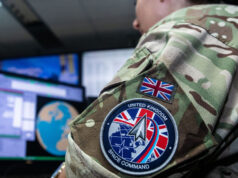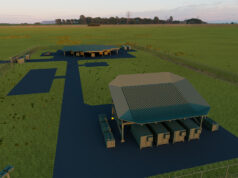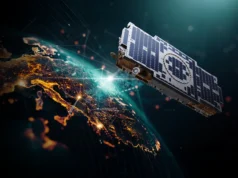The €9m contract with ESA will see QinetiQ developing a hosting facility and experiment modules, which will be launched to the International Space Station (ISS) in the first half of 2023.
The Heat Transfer Host 2 (HOST2) facility will be operated inside the Columbus science laboratory on the ISS and will provide new scientific data and insight to optimise the performance and efficiency of heat transfer technologies.
The firm say that the award of the contract coincides with the opening of QinetiQ’s new €3m cleanroom in Kruibeke in Belgium, which was formally opened by Frank de Winne, the first European ISS Commander and head of European Astronaut Centre in Cologne, Germany.
“Designed to support the concurrent production of several satellites and docking stations, the large new facility complies with all of the stringent process specifications and requirements for the manufacture of space equipment. It also features laboratories and innovative robotic capabilities for simulation of all possible docking scenarios between a space vehicle and the ISS.”
“We’re positioned for an exciting new phase of growth,” says Jim Graham, Managing Director of QinetiQ’s Space business.
“Although we are already recognised as a world leader in electronic propulsion systems and space systems integration, we’re continuing to build on our strengths and specialist skills. The new ESA contract capitalises on our expertise in complex systems integration and the successful delivery of highly sophisticated scientific experiments in orbit. And our new cleanroom facility represents a significant investment in our space capabilities for future satellite production, ongoing developments of new subsystems and space infrastructure as well as further innovations in spacecraft docking technologies.”











If only we could build whole modules like Japan, Russia or USA. I suppose being part of ESA will do.
For decades, up until a couple of years ago, the British government never supported manned activities and opted out of programs so there was little contract workshare for British companies to bid for, on the other hand the British Satellite industry has done well from ESA programs.